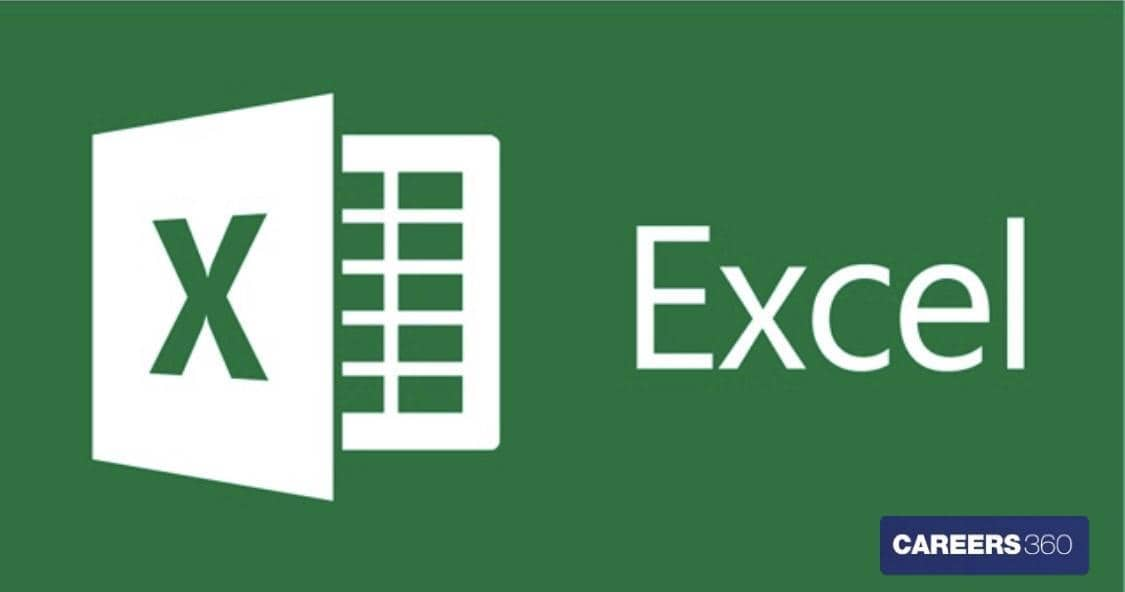MS Excel Full Form
What is the full form of MS Excel?
Microsoft produced Microsoft Excel.
It is a spreadsheet, for Windows, macOS, Android, and iOS.
It has calculating or computing capabilities, graphing tools, pivot tables, and the Visual Basic for Applications macro programming language.
The Microsoft Office programme package includes Excel along with Word , Powerpoint and OneNote.

Features
The fundamental capabilities of all spreadsheets are present in Microsoft.
It handles data manipulations like arithmetic operations using a grid of cells arranged in numbered rows and letter-named columns.
It has a variety of built-in functionalities to address financial, engineering, and statistical requirements.
It has a very limited three-dimensional graphical display and can present data as line graphs, histograms, and charts. Data can be divided into sections to show how different things affect it from various angles.
Visual Basic for Applications, which incorporates a programming component, enables the user to apply a wide range of numerical techniques.
It contains a number of interactive capabilities that enable user interfaces that can fully conceal the spreadsheet from the user. As a result, the spreadsheet can present itself as a decision support system (DSS) via a specially created user interface.
An Excel application may regularly email these presentations to a list of participants by automatically polling external databases and measuring devices using an updated schedule, analyzing data, and creating a Word report or PowerPoint slide show.
Excel wasn't intended to be a database.
Charts in Excel
Excel can create charts, graphs, or histograms from certain cell groups.
It enables pivot charts, which enable a chart to be directly linked to a pivot table.
The created graphic element can either be added as a separate object or incorporated into the current sheet.
Add-Ons in Excel
Add-ons are used to provide extra functionalities.
Excel comes with several, including:
Data analysis tools for statistical and engineering analysis are provided by Analysis ToolPak.
VBA routines for Analysis ToolPak are available.
Tools for the Euro: formatting and conversion for the euro currency solver.
Add-In: Equation-solving and optimization tools.
Excel Allow The Usage of External Data
Excel users can utilize Microsoft Office tools, to access external data sources. created using the Office Data Connection file format are odd connections. Microsoft's ODBC driver can be used to update Excel files directly.
Through a variety of programming interfaces, Excel can take data in real time from numerous data sources, including Bloomberg and Reuters.
Data exchange between Excel and other apps is made possible by DDE, which takes advantage of the message-forwarding feature in Windows.
Although RTD is technically superior to DDE in many aspects, it has struggled to acquire popularity since it needs complex programming knowledge and, when it was originally developed, neither the main data vendors nor its documentation was up to par.
Excel’s Usage on Other Platforms
Excel can be used via mobile phones.
Excel can also be used via the web.
Frequently Asked Questions (FAQs)
Four functions of excel are:
Autosum function.
MATCH function.
DATE function.
CHOOSE function
There are four types of excel data, that are:
Text
Number
Logical
Error
The main advantage of MS Excel is that it has a number of capabilities that can be used to carry out different tasks, including graphing tools, pivot tables, macro programming, etc.
Four uses of excel are:
Data entry and storage
Data analysis and interpretation
Reporting and visualization
Accounting and budgeting.